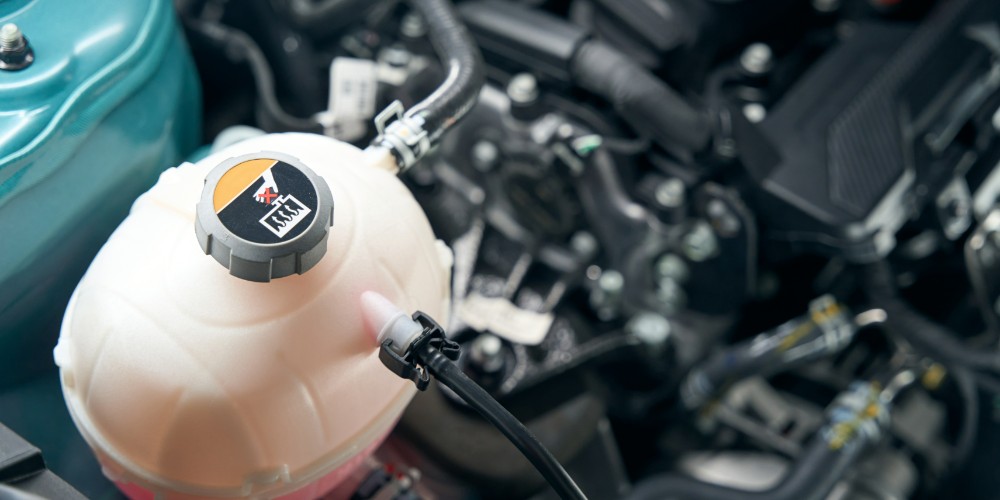Navigating the world of car financing can often feel like trying to find your way through a labyrinth – complex and a bit daunting. One question that frequently pops up for many is: Can I buy a car on finance with no deposit? Let’s dive into this query with an open mind and a bit of savvy financial insight.
What is no deposit financing?
The simple answer is yes – you can buy a car on finance with no deposit. At its core, 0% car finance is precisely what it sounds like – obtaining a finance agreement for a new vehicle without the need to pay an upfront deposit. This contrasts with traditional methods where a lump sum is usually paid upfront, typically amounting to 10-20% of the car’s value.
No deposit financing vs traditional financing
| Aspect | No Deposit Financing | Traditional Financing |
| Upfront Cost | No initial payment required. | Requires an upfront deposit (usually 10-20% of the car’s value). |
| Monthly Payments | Higher monthly payments due to financing the entire cost of the car. | Lower monthly payments as a portion of the car’s cost is covered by the deposit. |
| Interest Rates | Often higher, as the lender is taking a greater risk. | Generally lower, as the deposit reduces the risk for the lender. |
| Total Loan Cost | Can be higher due to increased interest over the loan period. | Typically lower total cost due to lower interest rates and initial deposit. |
| Accessibility | Easier access for those without immediate funds for a deposit. | Requires upfront cash, which might not be feasible for all buyers. |
| Financial Planning | Demands careful budgeting due to higher monthly outlay. | Easier to manage with lower monthly payments. |
| Loan Approval | Might require a higher credit score for approval due to increased lender risk. | Generally easier to obtain with a decent credit score and the deposit. |
Eligibility & requirements
When it comes to checking whether you are eligible, there are several factors that lenders consider before approving a finance agreement.
Credit score and history
Your credit score is a crucial factor in no deposit car financing. It’s a numerical expression of your creditworthiness based on an analysis of your credit files. A higher credit score often means better chances of approval and more favourable terms (like lower interest rates). In contrast, a lower score might lead to higher interest rates or even disqualification.
Employment and income stability
Lenders will require proof of a stable income to ensure you have the means to make the monthly payments. This could include recent payslips or bank statements.
A stable employment history indicates financial reliability. Frequent job changes might raise concerns about your ability to maintain steady payments.
Debt-to-income ratio
This ratio compares your monthly debt payments to your monthly income. It helps lenders assess your ability to manage monthly payments. A lower debt-to-income ratio is preferable. High ratios may signal financial overextension and reduce your chances of approval.

Age and residency
Typically, you need to be at least 18 years old to enter into a finance agreement. Proof of residency (like utility bills or a driving license) is also often required. Some lenders might require you to have been a resident in the UK for a certain period.
Driving license
A valid driving license is usually required. It serves as both identification and proof of your eligibility to legally drive the vehicle.
Insurance considerations
Most lenders will require you to have comprehensive car insurance. This is to protect the vehicle, which is collateral for the loan, against damage or loss.
🚗 Read more: Things To Consider When Buying Car Insurance.
Deposit history (if applicable)
While exploring no deposit options, having a history of making deposits for previous purchases (like cars) can work in your favour, indicating financial responsibility.
Different no deposit finance options
Understanding each no deposit car finance option is crucial in making an informed decision that aligns with your financial goals and lifestyle.
1. Personal Contract Purchase (PCP)
PCP car finance involves paying lower monthly payments during the contract term, with a larger final payment (balloon payment) if you decide to buy the car at the end. At the end of the term, you have the option to return the car, keep it (by paying the final balloon payment), or trade it in for a new vehicle.
💡Ideal for those who like to change cars frequently or are unsure about their long-term vehicle needs.
2. Hire Purchase (HP)
HP finance allows you to pay off the value of the car in monthly instalments. Once all payments are made, including the ‘option to purchase’ fee, the car becomes yours.
💡Designed for individuals who intend to own the car outright at the end of the finance term.
3. Personal Loans
A personal loan is a straightforward loan to cover the cost of the car. This is not secured against the car, meaning the car is yours from the outset. Interest rates can vary widely based on credit history and the lender. It’s essential to shop around for the best rates.
4. Leasing (Personal Contract Hire – PCH)
Leasing involves renting the car for a set period. You make monthly payments to use the vehicle but don’t own it. At the end of the lease, the car is returned to the leasing company. There’s no option to buy it.
💡 Ideal for those who prefer a new car every few years and don’t want the hassle of selling the car later.
5. Credit Card Purchase
If you have a credit card with a high enough limit, you can buy the car outright. Pay attention to interest rates and potential fees, as credit card interest can be higher than other financing options.
💡 Some may choose this option for rewards points or cashback offers on their credit cards.
6. Manufacturer or Dealership Financing
Some car dealerships or manufacturers offer their own finance deals, sometimes with promotions like 0% interest. These deals are usually tied to specific models or stock and can include both HP and PCP type agreements.

Understanding interest rates and payment terms
It’s essential to grasp how interest rates and payment terms affect the overall cost and structure of your finance agreement. Understanding these elements can significantly impact your decision-making process and financial planning.
Interest rates in no deposit financing
Generally, no deposit options may come with higher interest rates compared to traditional financing with a deposit. This is because lenders perceive a higher risk when the entire value of the car is financed.
Repayment terms
The length of the finance agreement can vary, typically ranging from 1 to 5 years. Longer terms can lower monthly payments but may increase the total interest paid over the life of the loan. If you choose a PCP option, be mindful of the large balloon payment required at the end of the term if you wish to purchase the car.
Factors affecting repayment
- Credit score: A higher credit score can secure lower interest rates, reducing overall costs.
- Loan amount: The total amount borrowed impacts monthly payments and total interest costs.
- Payment schedule: Some lenders might offer flexibility in payment schedules, which can impact your monthly budgeting.
Alternatives to no deposit financing
While no deposit car financing is an appealing option for many, it’s not the only pathway to acquiring a vehicle. Here are some alternative methods to consider, each with its own set of advantages and considerations:
1. Saving for a deposit
Paying a deposit reduces the amount you need to borrow, leading to lower monthly payments and potentially lower interest rates. It also reduces the overall interest paid over the term of the loan.
🎯 Set aside a fixed amount each month until you have saved enough for the deposit. This approach also helps in building financial discipline.
2. Part-exchange
If you already own a car, you can part-exchange it at a dealership. The value of your current car can be used as a deposit for the new one.
🎯 This method can lower the amount you need to finance and may also simplify the transaction process.
3. Government and manufacturer incentives
Sometimes, governments or manufacturers offer incentives, such as grants or discounts, especially for electric or hybrid vehicles.
🎯 Stay informed about any available schemes that could make your purchase more affordable.
4. Affordable or used vehicles
Consider buying a more affordable new car or a used car. This can significantly reduce the amount you need to finance.
🎯 Used cars often offer great value. Ensure you get a full history check and ideally a warranty.
5. Borrowing from friends or family
Sometimes, borrowing from friends or family can be a viable option. It’s advisable to have a formal agreement in place to prevent any future misunderstandings.
Have you considered no deposit financing?
While no deposit car financing can open doors to owning a car without the immediate financial strain of an upfront payment, it’s vital to weigh this convenience against the potential long-term financial impacts. Reflect on your financial health, do your homework, and remember – the best decision is an informed one.





